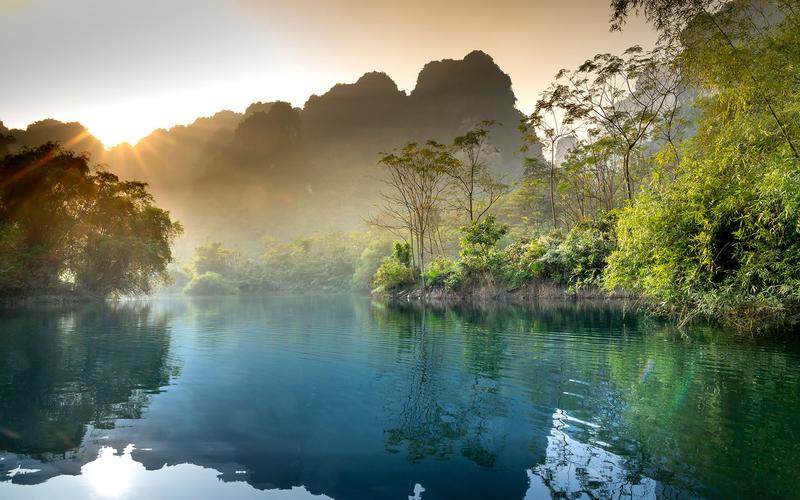South Africa boasts a fascinating history of cultural diversity that has shaped the country into what it is today. From its indigenous people to the various ethnic and racial groups that have settled over time, South Africa is truly a melting pot of cultures. In this comprehensive guide, we will explore the key points that make up South Africa’s rich cultural landscape.
The Indigenous Peoples of South Africa
South Africa’s earliest inhabitants were the Khoisan people, who spread across the region approximately 2,000 years ago. These hunter-gatherers were later joined by the Bantu people, who migrated from Central Africa and brought with them cattle farming and crop cultivation. Nguni-speaking people, including the Zulu, Xhosa, and Swazi, are among the largest Bantu groups in South Africa.
South African Languages
South Africa boasts 11 official languages, reflecting the country’s diverse cultural roots. The languages include Afrikaans, English, isiNdebele, isiXhosa, isiZulu, Sepedi, Sesotho, Setswana, siSwati, Tshivenda, and Xitsonga. While not everyone speaks all 11 languages, it is common for South Africans to speak multiple languages. Additionally, many South Africans are fluent in European languages, including Portuguese and Dutch, reflecting the country’s colonial history.
Cuisine in South Africa
South African cuisine reflects its diverse cultural roots, with dishes from all corners of the globe. Braai, a traditional barbecue-style meal, is a popular dish in many parts of the country. Bobotie, a spiced meat dish with a custard topping, is a classic South African dish that is often compared to British cuisine. Bunny chow, a hollowed-out bread loaf filled with curry, is a popular Indian-inspired dish.
Art and Music in South Africa
South Africa also boasts a rich history of art and music. The country is famous for its traditional dance, including the gumboot dance, which originated in the gold mines of Johannesburg. South Africa’s musical heritage is influenced by African, European, and Asian cultures. Artists like Miriam Makeba and Hugh Masekela helped bring South African music to the world stage, while contemporary artists like Black Coffee and Sho Madjozi continue to put a modern twist on traditional music styles.
Cultural Celebrations in South Africa
South Africans celebrate a range of cultural festivals and traditions throughout the year, including the Cape Town Jazz Festival, the National Arts Festival, and the Durban July horse race. Heritage Day is a national holiday that celebrates South Africa’s cultural diversity. On this day, South Africans of all backgrounds gather to share food, music, and traditions.
Conclusion
South Africa’s cultural diversity is truly a wonder to behold. From its indigenous people to the various ethnic and racial groups that have settled over time, every corner of the country has a unique story to tell. By exploring the key points of South Africa’s cultural diversity, we can gain a deeper understanding and appreciation for this incredible country.
(Note: Do you have knowledge or insights to share? Unlock new opportunities and expand your reach by joining our authors team. Click Registration to join us and share your expertise with our readers.)
Speech tips:
Please note that any statements involving politics will not be approved.
